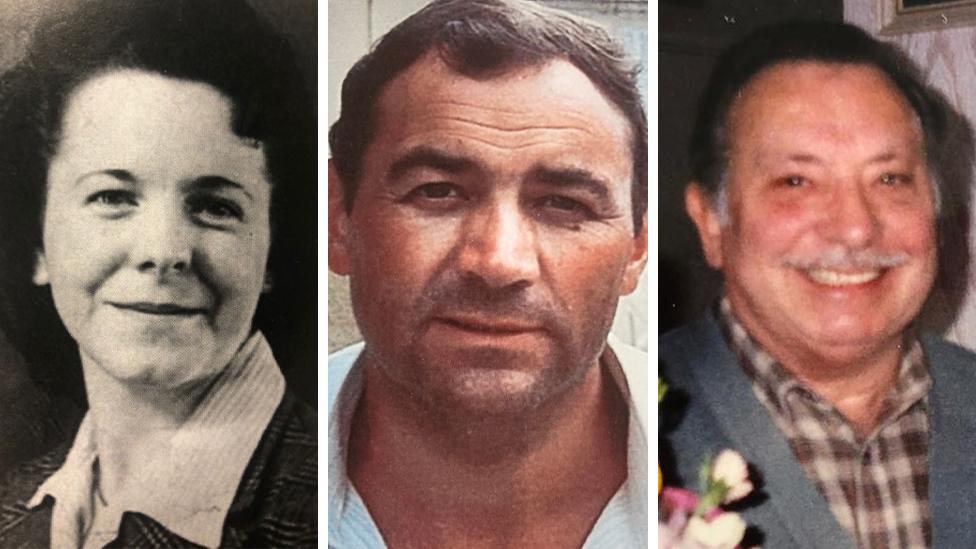'Risks not assessed' in fatal beating care home
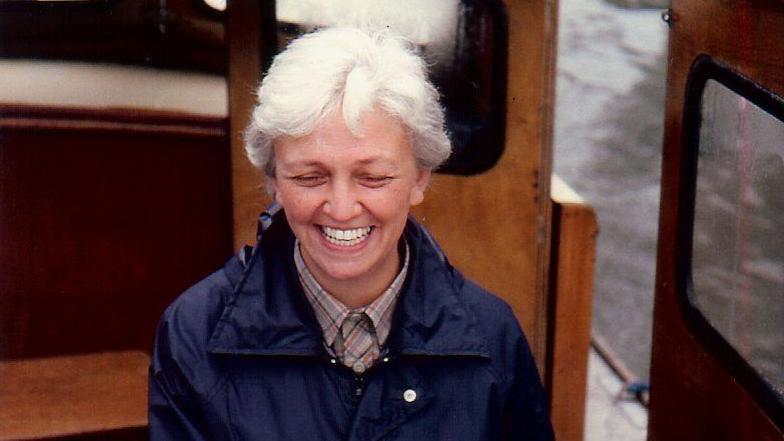
Shelia Hartman died aged 88 after being attacked by another resident at Ridgeway Lodge care home in Dunstable
- Published
Risks were not properly assessed or monitored in a care home where a woman with dementia was beaten to death by another resident, an inquest has concluded.
Sheila Hartman, 88, was attacked by 92-year-old Eunice Clarke at Ridgeway Lodge, near Dunstable, Bedfordshire, in October 2022.
Previous episodes of violence and aggression were recorded by staff but the inquest heard managers were unaware, and action was not taken that could have prevented the incident.
HC-One, which operates the home, says it has made significant improvements since the incident, including increasing staff numbers.
The families of both women, who have since met, say they believe they have been “thoroughly let down” by one of the UK’s largest care providers.
The two women were said to have got on well and had been seen sitting, holding hands and chatting, the hearing was told.
Both had advanced dementia.
'Idyllic childhood'
The two women lived in a specialist dementia unit on the top floor of the 61-bedroom Ridgeway Lodge.
Sheila Hartman had been there for about three years. She moved in after struggling on her own at home. Before then the great-grandmother had been a keen walker and loved knitting and making things, the inquest heard.
Her son, Richard Uridge said: "She was a loving mum and we had an idyllic childhood, but practical would be the one single word I think I would use for her."
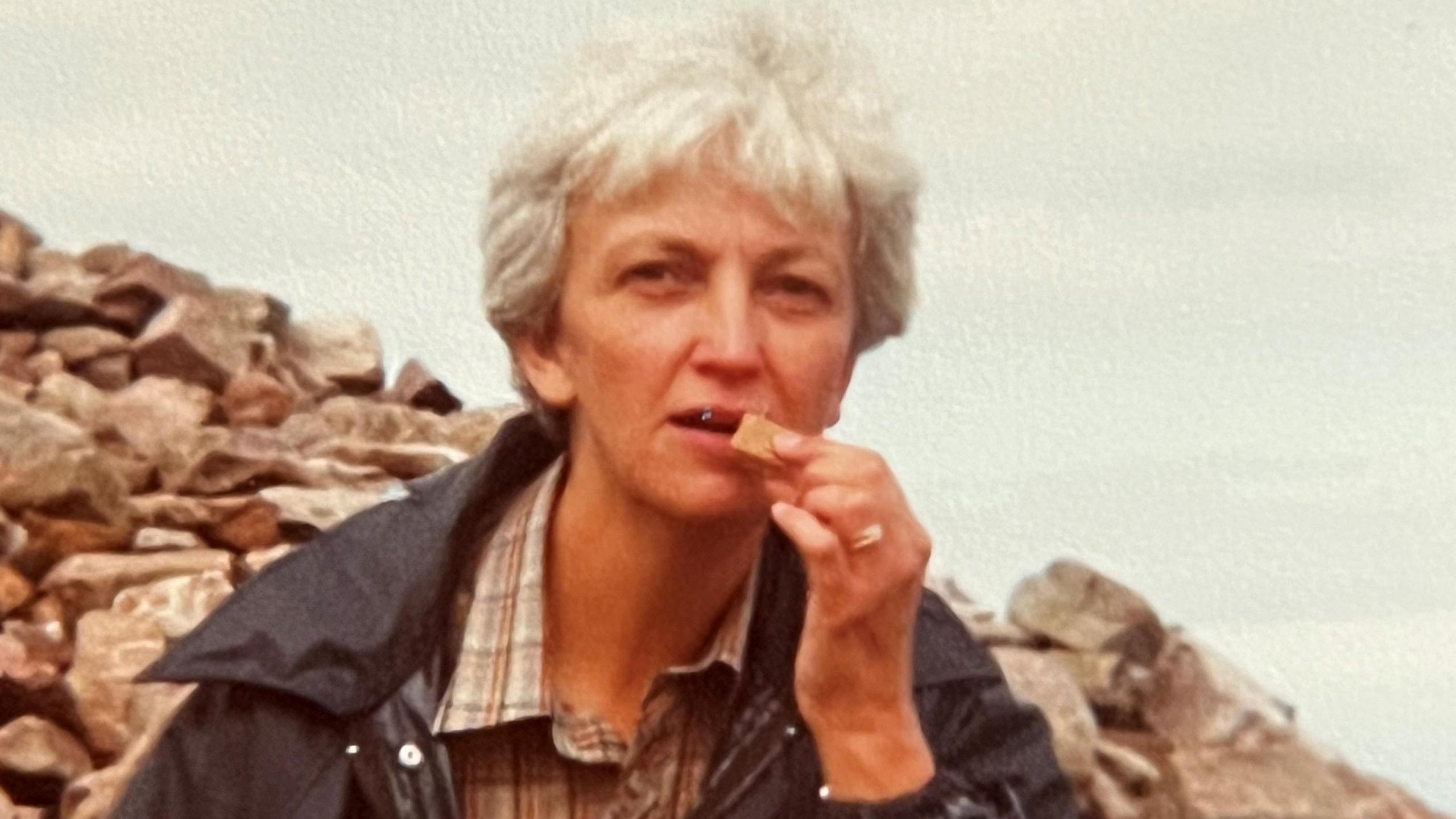
Before her health deteriorated, Mrs Hartman had been a keen walker and loved making things
Eunice Clarke, who moved there in May 2022, lived two doors away from Mrs Hartman.
Mrs Clarke's daughter, Debbie, described her as a kind person who loved cooking and gardening. She had cared for her mother at home but as her dementia increased, she began wandering at night and could be verbally aggressive.
Debbie Clarke told how she was "completely exhausted" by the time her mother moved to Ridgeway Lodge.
She said she seemed to like the move but was confused by the other people she thought were living in her house.
There were just two members of staff on duty on the top-floor dementia unit for the night shift running into 2 October 2022.
A third staff member, who would have been working across both floors of the home, had called in sick.
'She looked like she'd gone 10 rounds'
In the early hours, the two care workers were hoisting a resident who needed personal care, when they heard a commotion, the inquest was told.
The care worker who arrived on the scene first found Eunice Clarke in the corridor shouting. Her walking stick had blood on it.
Sheila Hartman was found in her room with serious head and facial injuries – her room and bedding covered in blood. She died a few hours later with her son Richard at her side.
"She looked like she'd gone 10 rounds with a heavyweight boxer,” he said. “Frankly, she was battered and bruised.”
The jury at the two-week inquest into her death, sitting in Ampthill in Bedfordshire, heard that Eunice Clarke had a history of lashing out when she was confused or distressed - because of her dementia.
"She entered my mother's room, perhaps she thought my mother was an intruder in her own home," says Mr Uridge.
"That's a consistent theme, that Eunice wasn't settling at the home and thought that it was her own home and that all of the other residents were somehow intruders."
The inquest was told that before moving to the home, Mrs Clarke had attacked a live-in carer with a walking stick, when she believed she too was an intruder.
A document filled in before Mrs Clarke moved into the care home did not mention this attack, and the manager of the home at the time told the inquest he was unaware of it.
However, handover notes completed between shifts on the unit showed that in the months before Sheila Hartman was killed, staff had witnessed Mrs Clarke walking into another resident’s room and smashing it up, and in another instance, trying to attack a care worker with her walking stick.
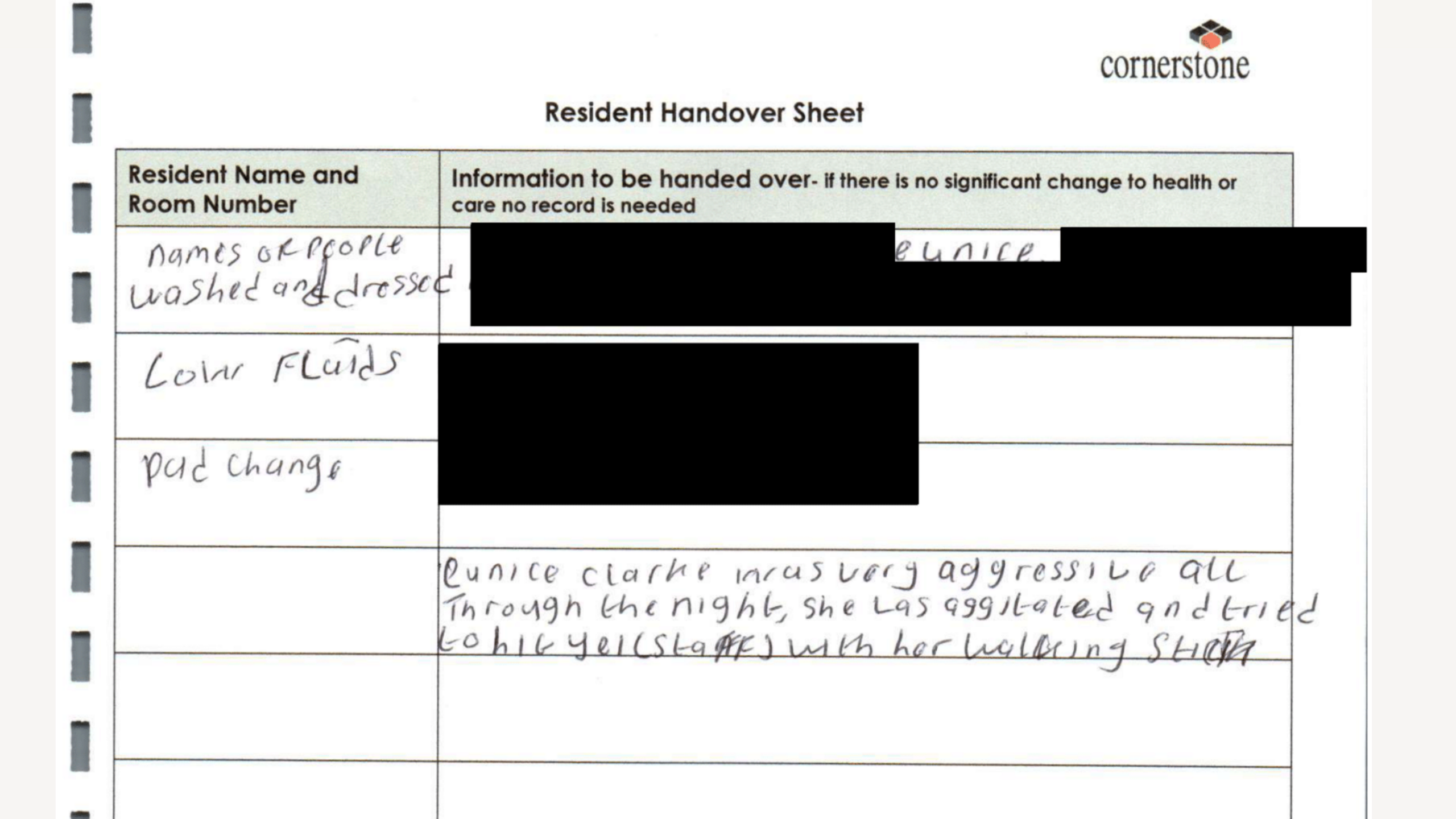
Handover notes from the months before Sheila Hartman's death showed staff had witnessed violent incidences involving Mrs Clarke
The jury was told these incidents were not escalated to managers at the home, reported to social services or explained to the relatives of any of the affected residents at the home, so there was no care plan for how to prevent the behaviour escalating.
'Horrendous incident'
An independent investigation commissioned by HC One later concluded they had had "sufficient time to do a dementia-informed care plan" for Eunice Clarke, but had not done so.
"It's very clear that there were many missed opportunities to properly understand Eunice Clarke's care needs," said Mr Uridge, "and to provide the care that she needed and to manage the risk that she presented to herself and to others.”
Following the conclusion of the inquest, HC One said they have worked closely with the police, local authority and the Care Quality Commission (CQC) following Mrs Hartman's death.
A spokesperson said: "We have made many improvements to enhance the support and care we provide to residents with complex dementia needs… strengthening our pre-admission assessment.
"We have also reviewed and bolstered how we deploy staff [and] our new digital incident management system and digital care planning software… to give us a greater understanding of risk."
Eunice Clarke died some months after the attack.
In a statement, her daughter Debbie told BBC News that her illness was responsible for what happened.
"It may have been my mum’s body who carried out this horrendous incident, but that was not my mum," she said.
"The only thing for which I am grateful, is that my mum died never knowing that she had taken the life of another person.
"The pain of what happened will stay with me."
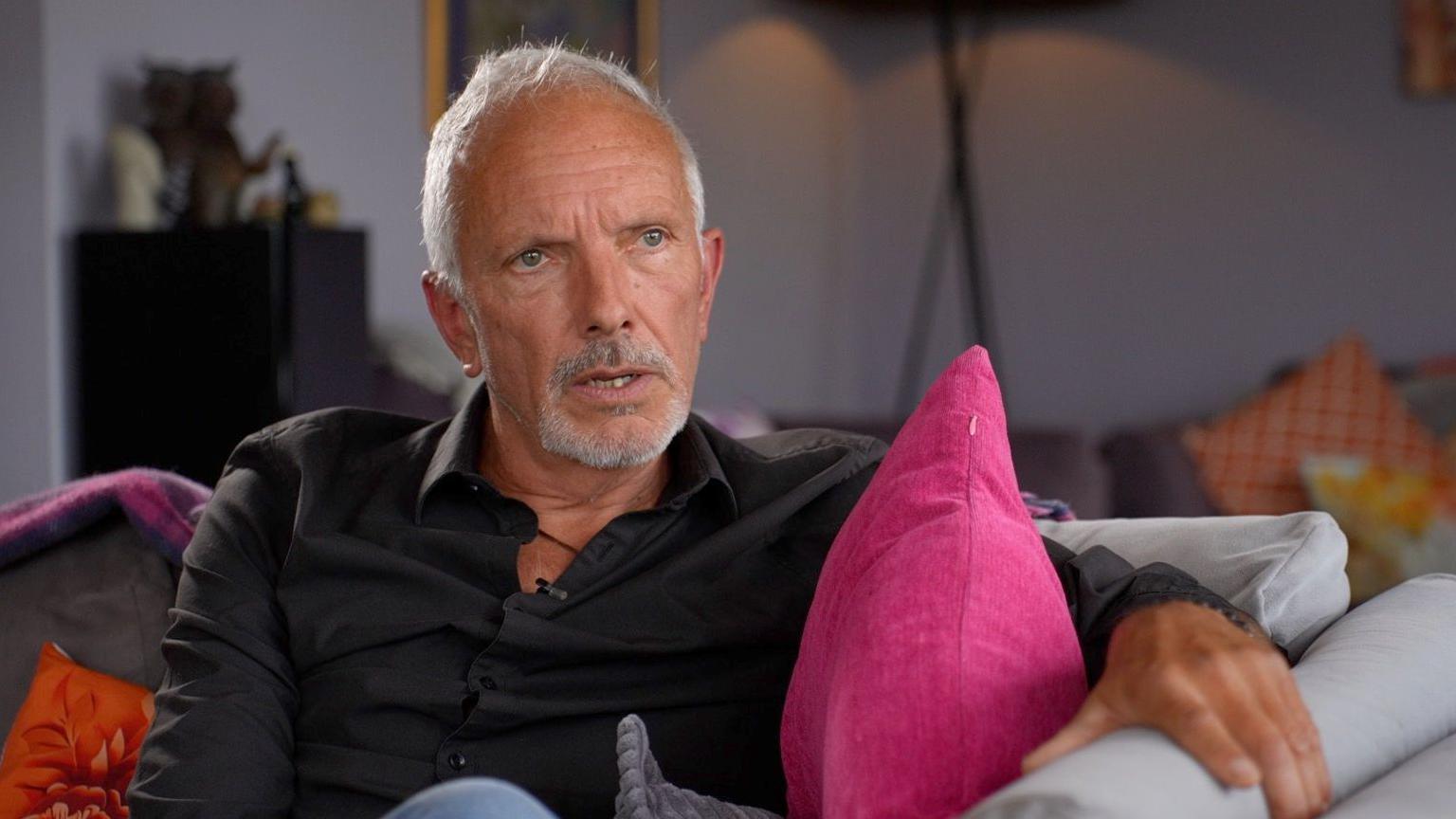
Richard Uridge believes both his mother and Mrs Clarke were victims of sub-standard care
Mr Uridge says his family bears her no ill will and they believe the two women were victims of failures in care. The two families supported each other before and during the inquest.
"Both families were victims of substandard care," he said.
A CQC inspection was carried out a short time after Sheila Hartman was attacked and although it did not look specifically at the incident, it found staff shortages were a problem.
It said that between July and October 2022 there were times when fewer staff were on duty at night "than the number the provider had defined as being safe, but no action had been taken about this".
It also found "issues with how the registered manager, the provider, and staff supported people who lived with dementia and who expressed forms of distress", adding: "Staff training, knowledge and skills in this area were limited."
The CQC rated the care home as "requires improvement". It has since been re-inspected and the service is now said to be "good".
Related topics
Related internet links
- Published1 November 2022
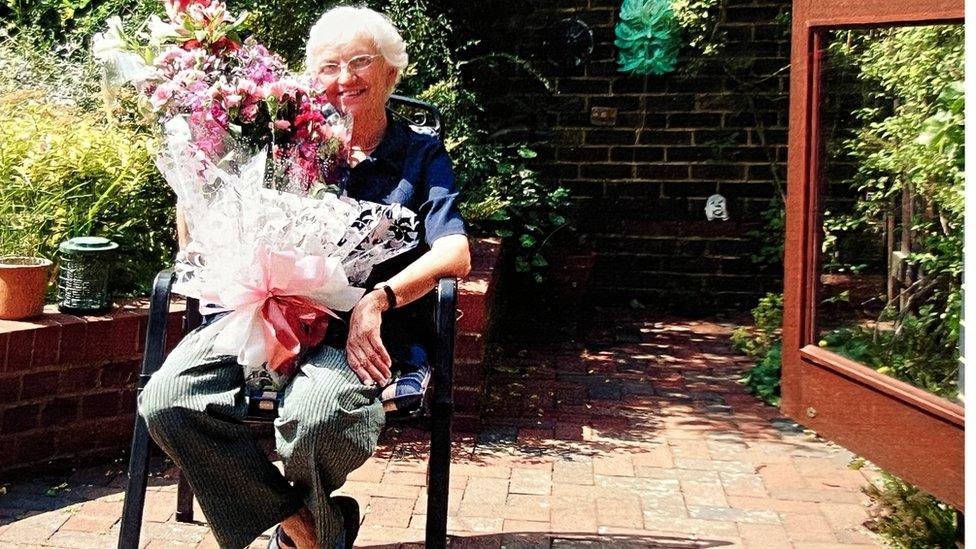
- Published5 October 2023
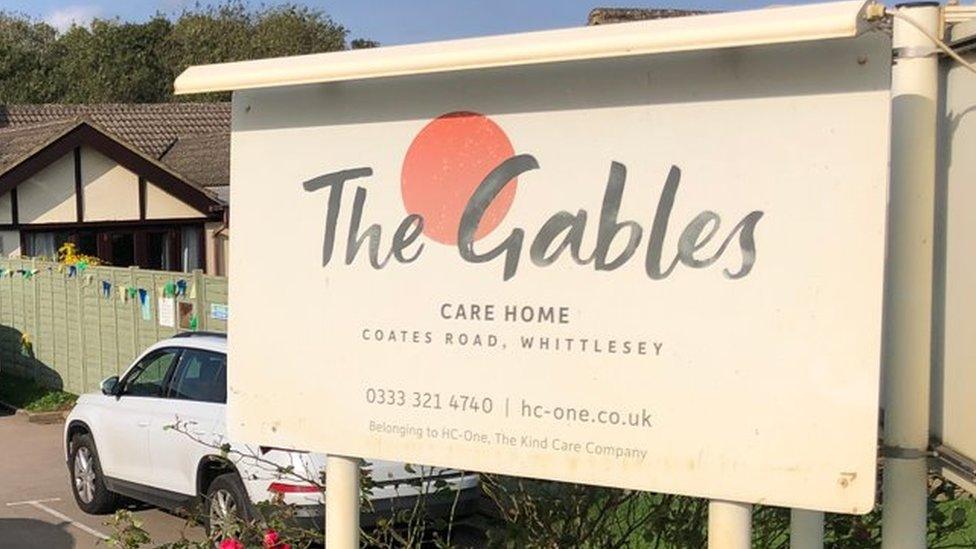
- Published31 March 2023
